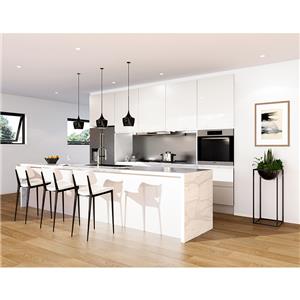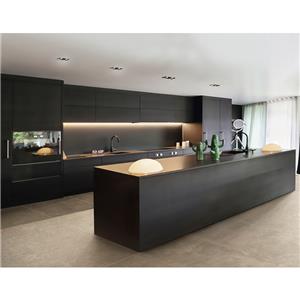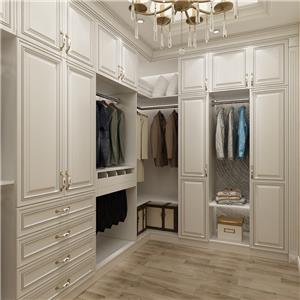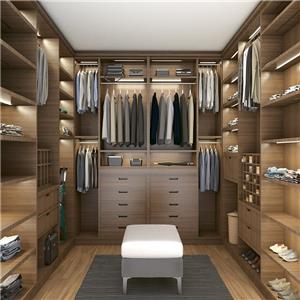Kitchen Cabinet Market Analysis and Design Improvement Report
Kitchen Cabinet Market Analysis and Design Improvement Report
Hot-Selling Kitchen Cabinet Market Trends
The kitchen cabinet market in 2025 is experiencing significant shifts toward natural finishes, customization, and functional innovation. Analysis of top-selling products reveals clear consumer preferences and market opportunities.
Top-Performing Products Analysis
Amazon's best-selling kitchen cabinets show strong performance across multiple categories, with the VASAGLE LIRY Collection leading with 1,186 monthly sales. The data reveals consumer preference for versatile, multi-functional pieces with adjustable features.
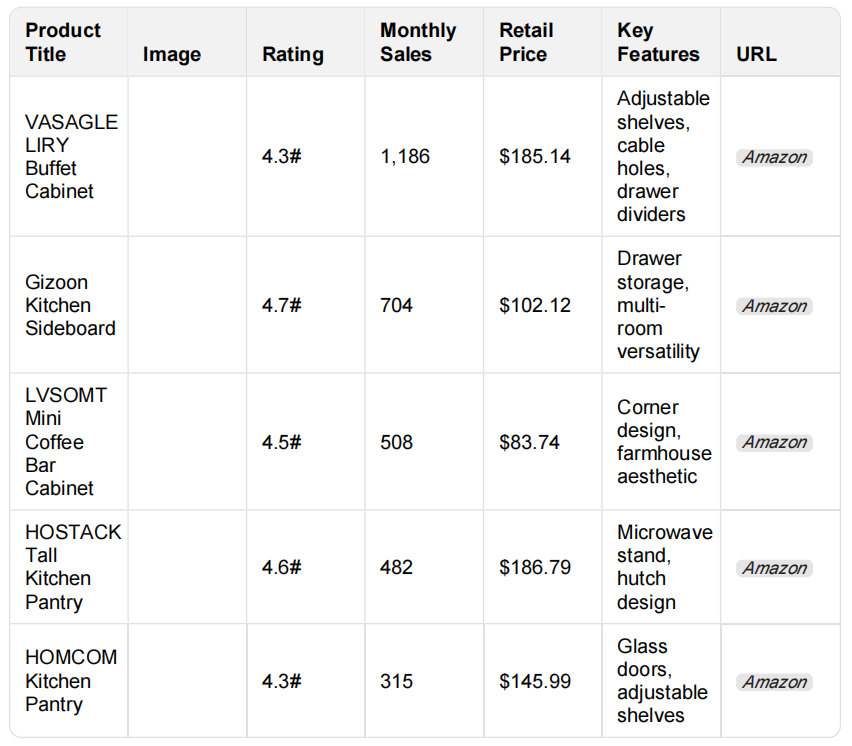
Alibaba's hot-selling products demonstrate strong international demand for customizable, luxury-oriented kitchen cabinets with high reorder rates and premium materials.
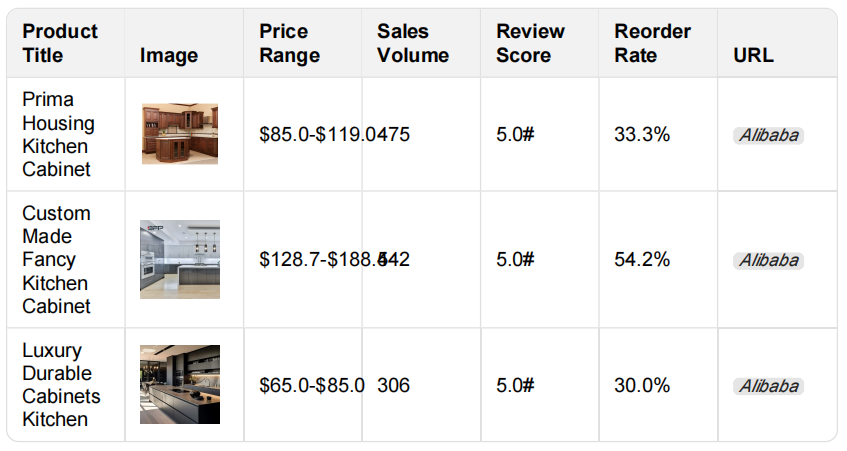
2025 Design Trends and Consumer Preferences
The kitchen cabinet market is definitively moving toward warmth, natural textures, and sophisticated customization. Current trends show strong alignment between consumer demands and emerging design directions.
Key Material and Color Trends
Natural wood finishes are experiencing unprecedented popularity, with white oak cabinet doors gaining particular traction for their timeless beauty and distinctive grain patterns Cabinetcurestriangle . The trend encompasses warm earthy tones including bronze, mocha, and olive green, creating natural atmospheres that resonate with contemporary homeowners Bhg . Sustainable materials are increasingly prioritized, with eco-friendly options like bamboo, reclaimed wood, and recycled glass gaining market share Decorilla . The shift reflects growing environmental consciousness among premium buyers.
Hardware and Finish Innovations
Mixed-metal finishes are dominating 2025 trends, with oversized pulls, sculptural knobs, and combinations of brushed brass, matte black, and antique bronze creating visual interest Moderntwig . Matte finishes are becoming the preferred choice over shiny alternatives, offering sophisticated aesthetics with practical benefits Handlesandmore . Smart technology integration is expanding beyond basic functionality, with sensor-activated interior lighting, touch-to-open mechanisms, and app-connected organization systems becoming standard features Nextdaycabinets .
Consumer Pain Points and Market Gaps
Comprehensive analysis reveals persistent frustrations with existing kitchen cabinet designs that present significant market opportunities.
Storage and Accessibility Issues
The most common complaints center on inefficient storage solutions and poor accessibility. Corner cabinets represent a particularly significant pain point, with users describing them as "clutter traps" that are difficult to access and organize effectively Ourguidetotheeveryday . Poor cabinet layout and workflow issues create daily frustration for homeowners, particularly when essential items are not within easy reach Cabinetera . Modern appliance storage presents an emerging challenge, as conventional cabinet designs fail to accommodate the growing array of countertop appliances like air fryers, coffee machines, and food processors that have become kitchen essentials.
Organization and Functionality Gaps
Kitchen organization has become a top priority, with 67% of homeowners listing drawer organization as their primary concern for 2025 Eaglewoodworking . Insufficient counter space and cluttered drawers remain persistent issues despite modular solutions, indicating that current approaches don't fully address underlying problems Cabinetera . The trend toward appliance garages and sculleries reflects consumer desire for hidden storage solutions that maintain clean aesthetics while providing functional workspace Housebeautiful .
Strategic Design Improvement Recommendations
Based on comprehensive market analysis and consumer feedback, specific design improvements can create significant market differentiation while addressing core user needs.
1. Revolutionary Corner Cabinet Solutions
Replace traditional corner cabinets with innovative diagonal deep drawer systems that provide accessibility from both sides while eliminating dead space. This addresses the most persistent user frustration while creating a unique selling proposition. Implementation Details: Diagonal pull-out drawer configuration accessible from both cabinet faces Soft-close mechanisms with integrated LED lighting Adjustable dividers for customizable storage Compatible with existing kitchen layouts.
2. Dedicated Appliance Integration Systems
Develop specialized storage solutions for modern kitchen appliances through retractable appliance garages and vertical storage towers.
Key Features:
Pop-up appliance platforms with power integration Ventilation systems for heat-generating devices Custom sizing for popular appliance dimensions Easy-clean interior surfaces
3. Advanced Organization Systems
Create comprehensive drawer organization ecosystems with custom inserts for utensils, spices, and cooking implements.
Components:
Modular insert systems with antimicrobial treatments Adjustable compartment sizing Vertical storage solutions for cutting boards and baking sheets Integration with smart inventory tracking
4. Sustainable Material Innovation
Leverage eco-friendly materials as premium differentiators while maintaining durability and aesthetic appeal.
Material Options:
FSC-certified bamboo for drawer interiors Reclaimed wood accent panels Zero-VOC water-based finishes Recycled metal hardware components
Visual Design Concepts
The following visual concepts illustrate the implementation of recommended design improvements, showcasing how subtle enhancements can create significant market differentiation.
These concepts demonstrate:
Diagonal corner cabinet systems that maximize accessibility
Integrated appliance storage with hidden mechanisms
Natural wood finishes with warm, earthy color palettes
Custom organization systems with sustainable materials
Smart technology integration with minimal visual impact
Market Differentiation Strategy
The most effective differentiation approach combines functional innovation with aesthetic sophistication.
Priority recommendations include:
1. Eliminate corner cabinet frustrations through diagonal deep drawer systems
2. Address appliance storage gaps with dedicated, ventilated compartments
3. Enhance organization capabilities through modular, customizable insert systems
4. Leverage sustainable materials as premium positioning elements
5. Integrate smart technology subtly to enhance functionality without compromising aesthetics
Conclusion
The kitchen cabinet market presents significant opportunities for brands that can address persistent consumer pain points while aligning with 2025 design trends. The most successful products combine natural aesthetics (white oak, walnut, warm earth tones), functional innovation (corner solutions, appliance storage), and sustainable materials with smart technology integration.
Companies implementing these design improvements can expect to capture market share from competitors still offering conventional solutions, particularly in the premium segment where customization, sustainability, and sophisticated functionality command higher margins. The verified supplier ecosystem demonstrates strong manufacturing capability to support these innovations at scale.

